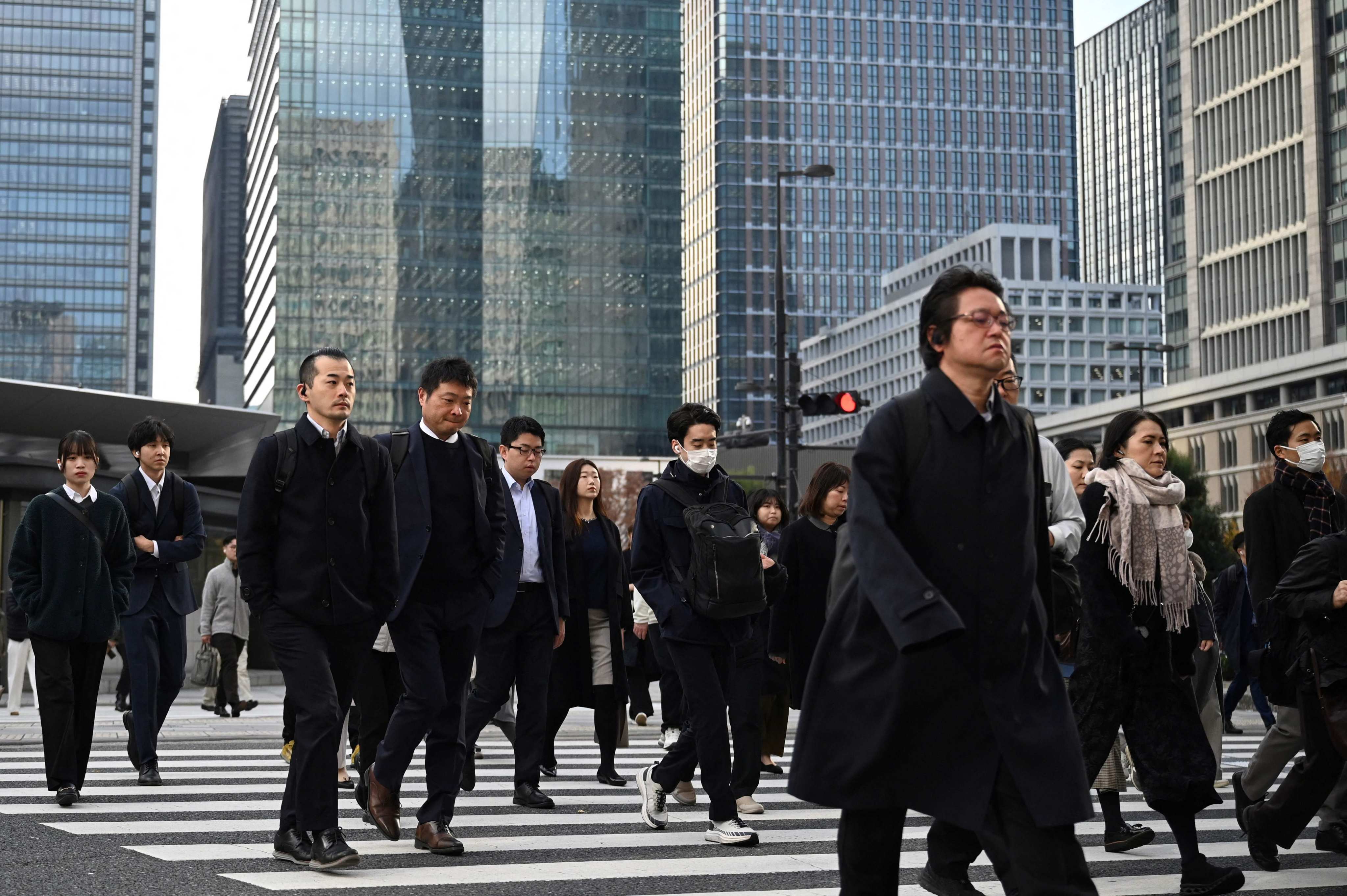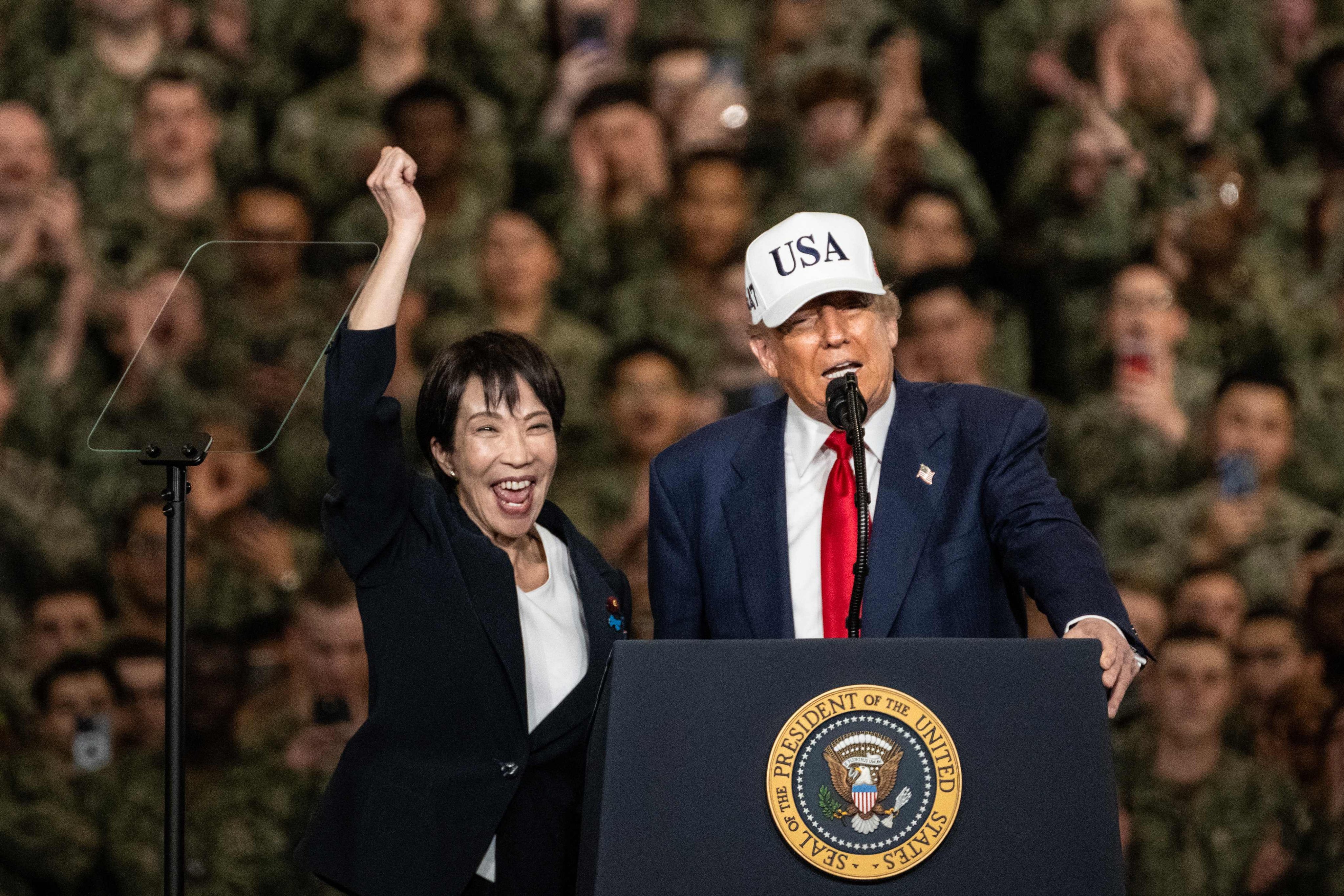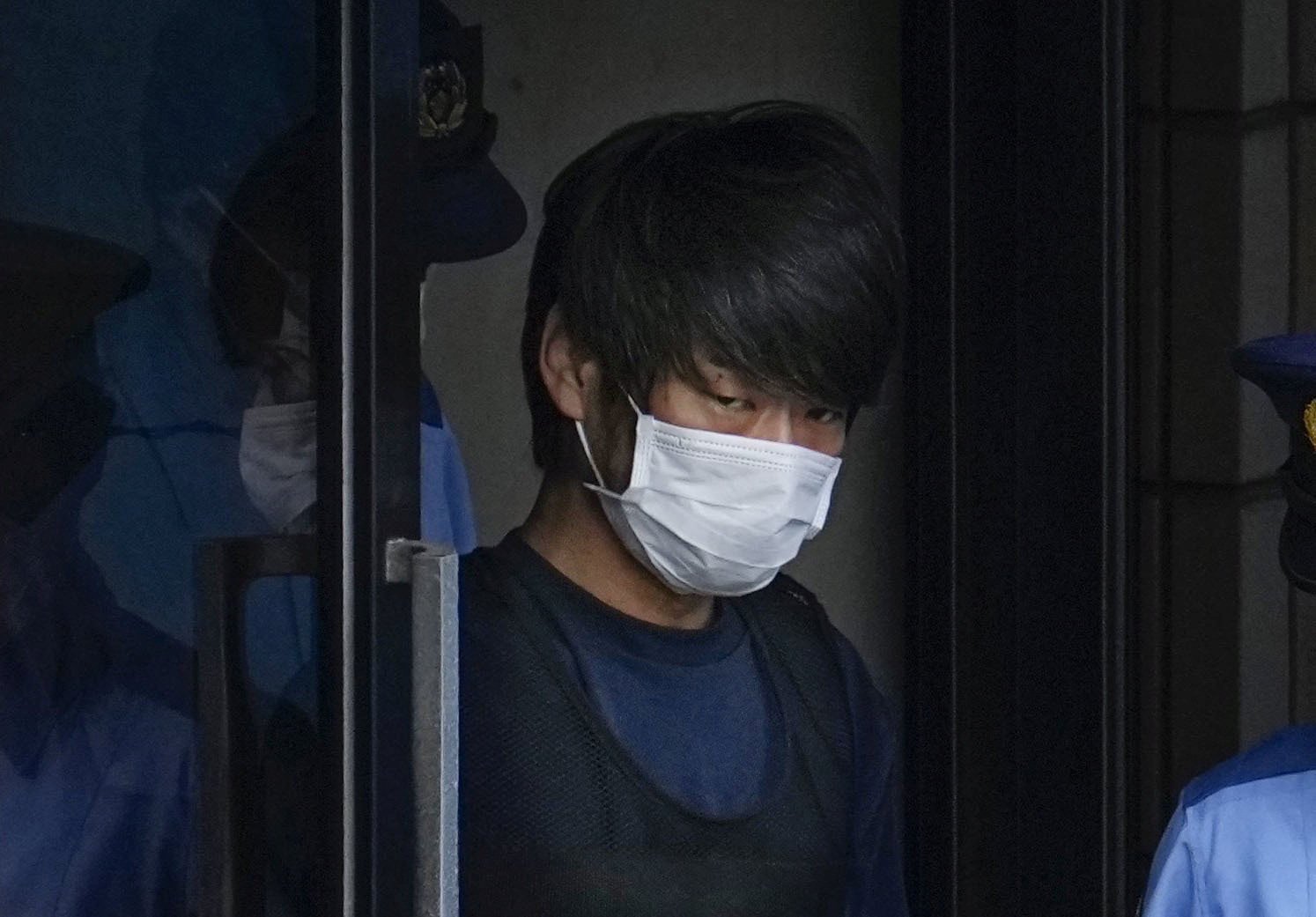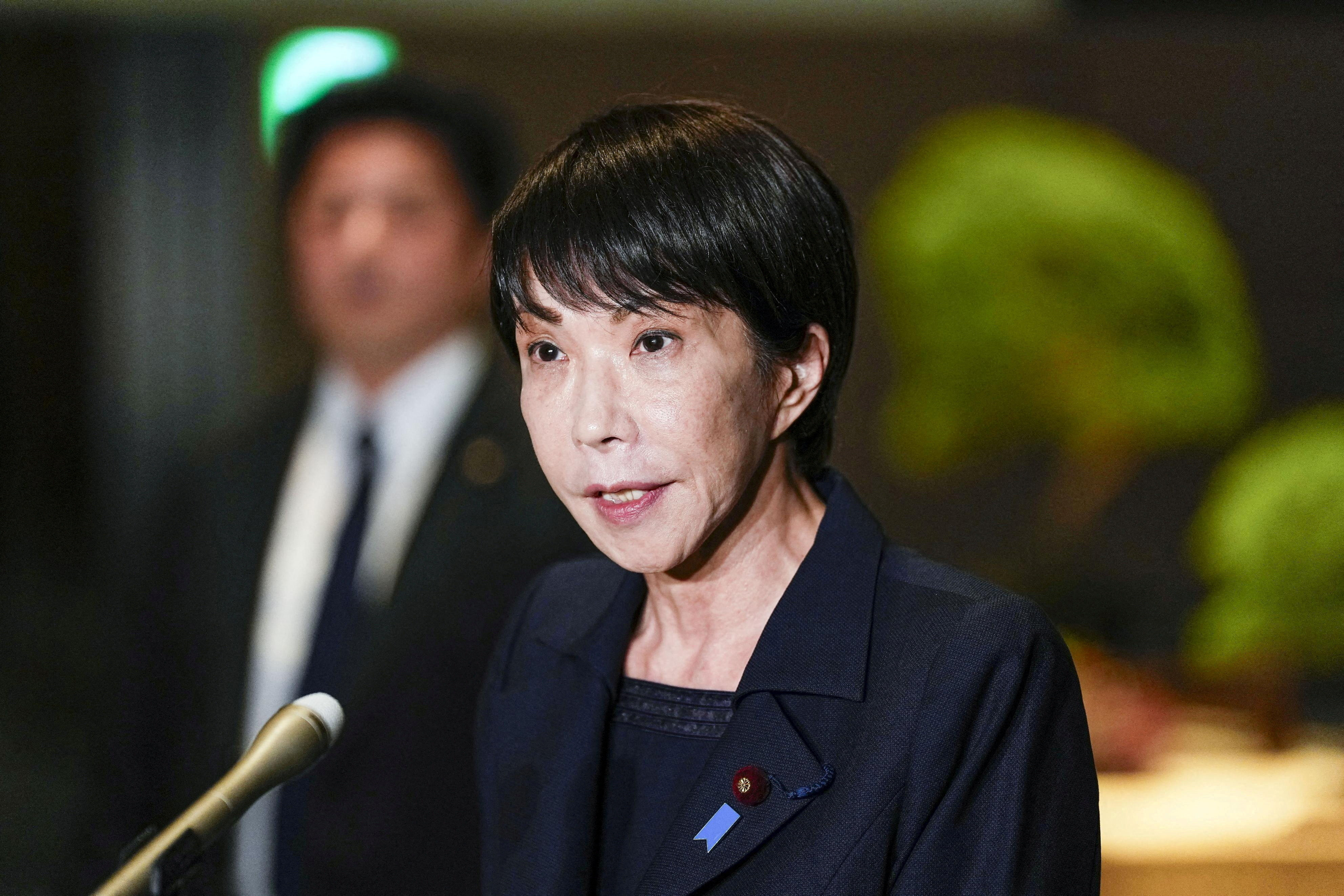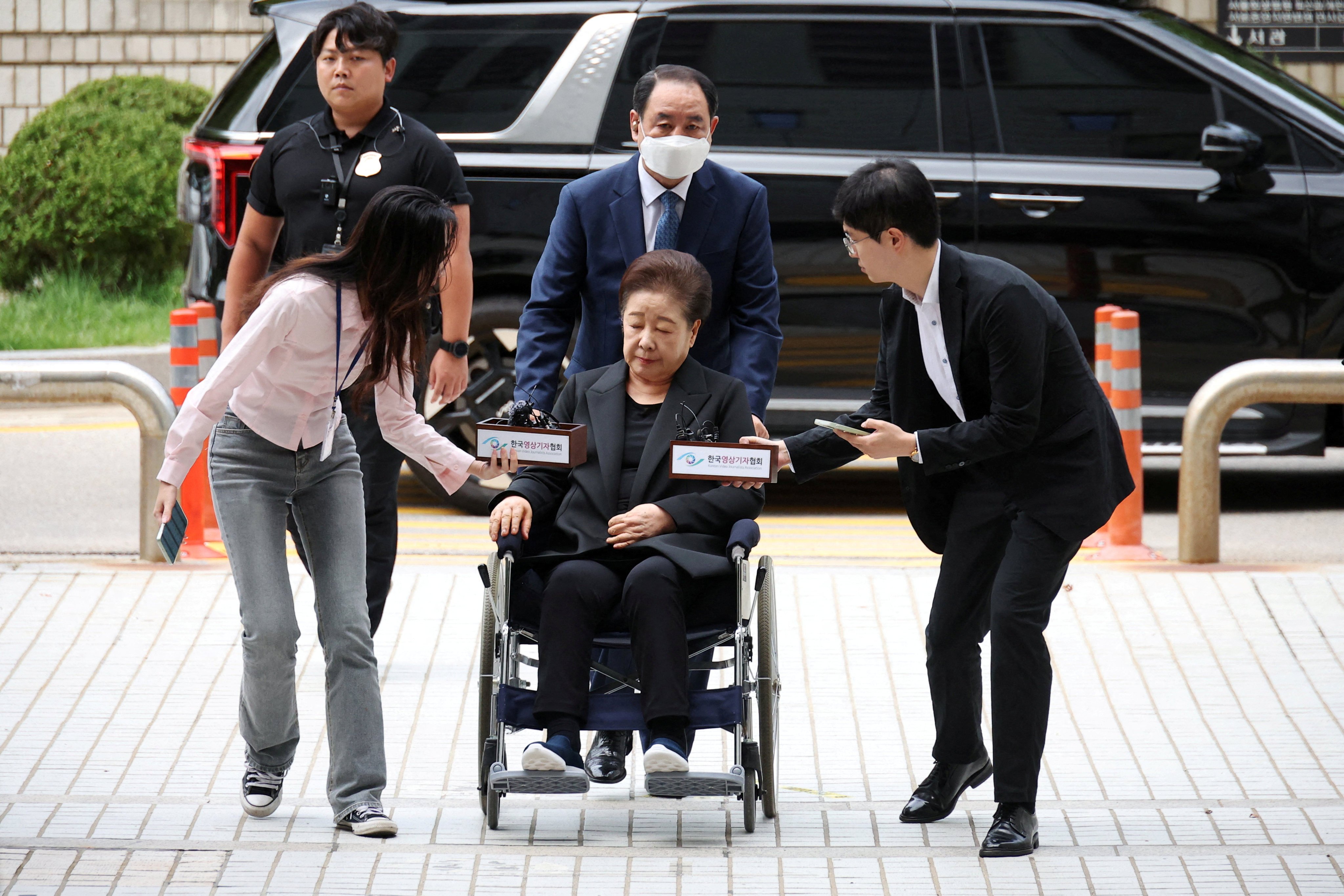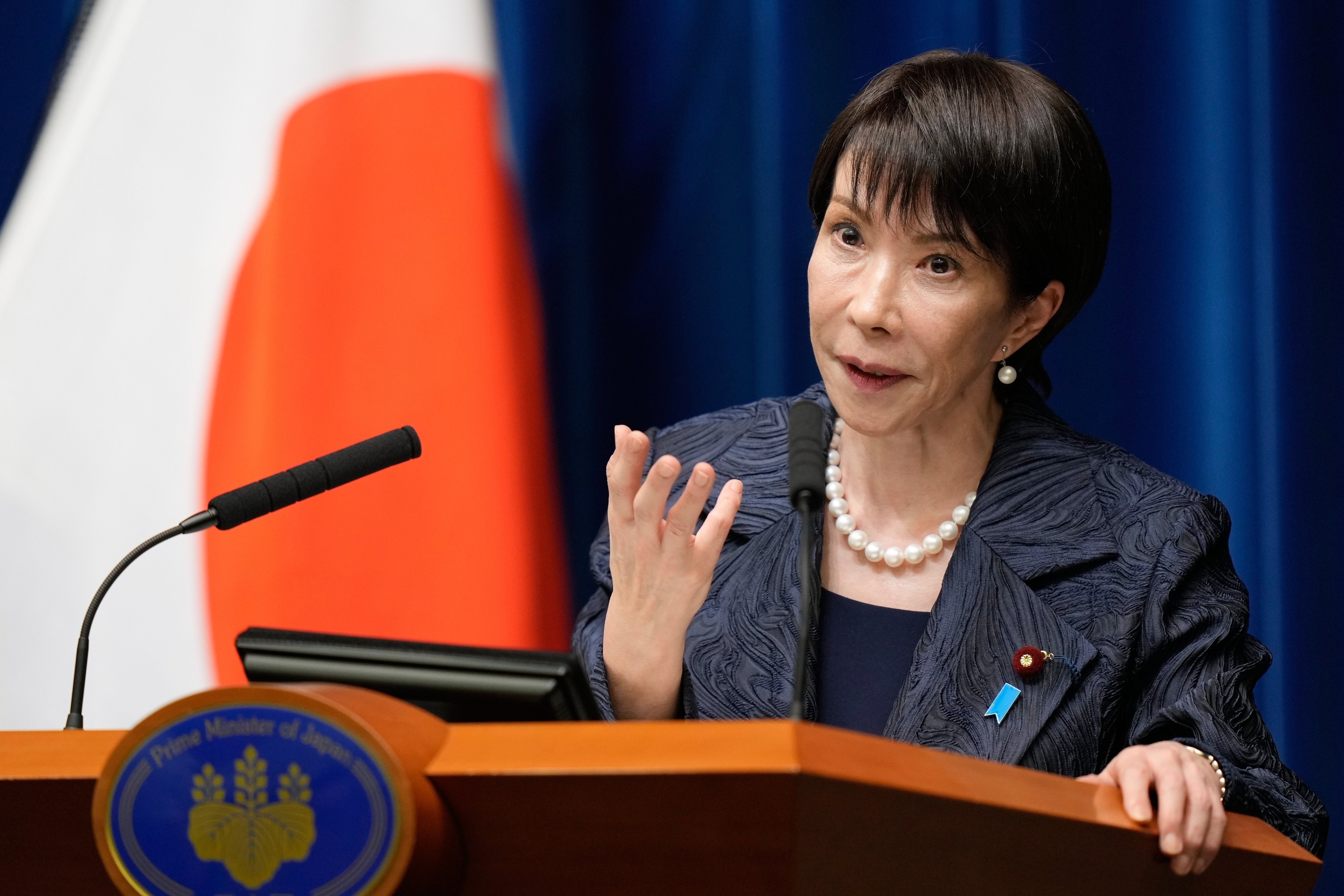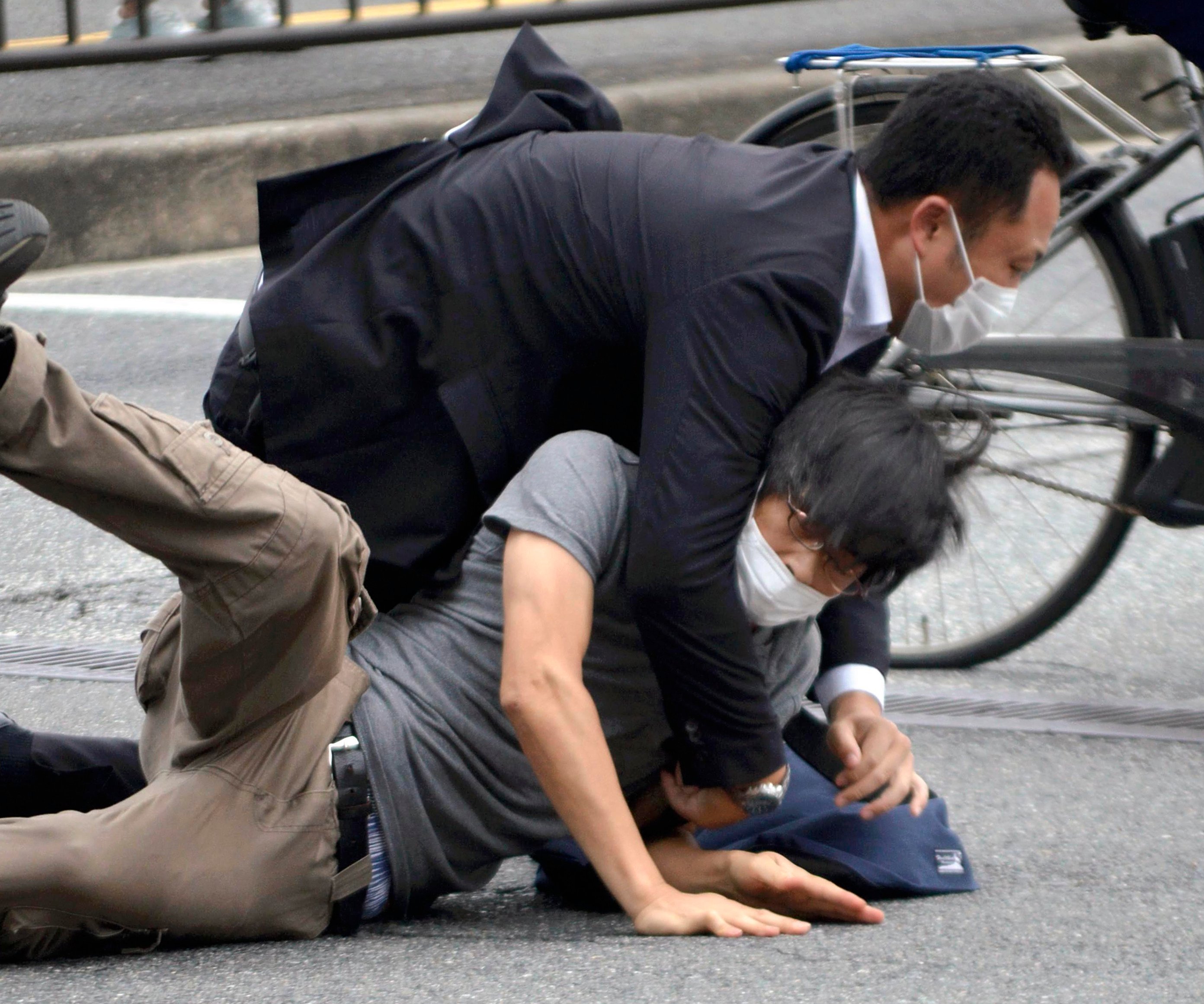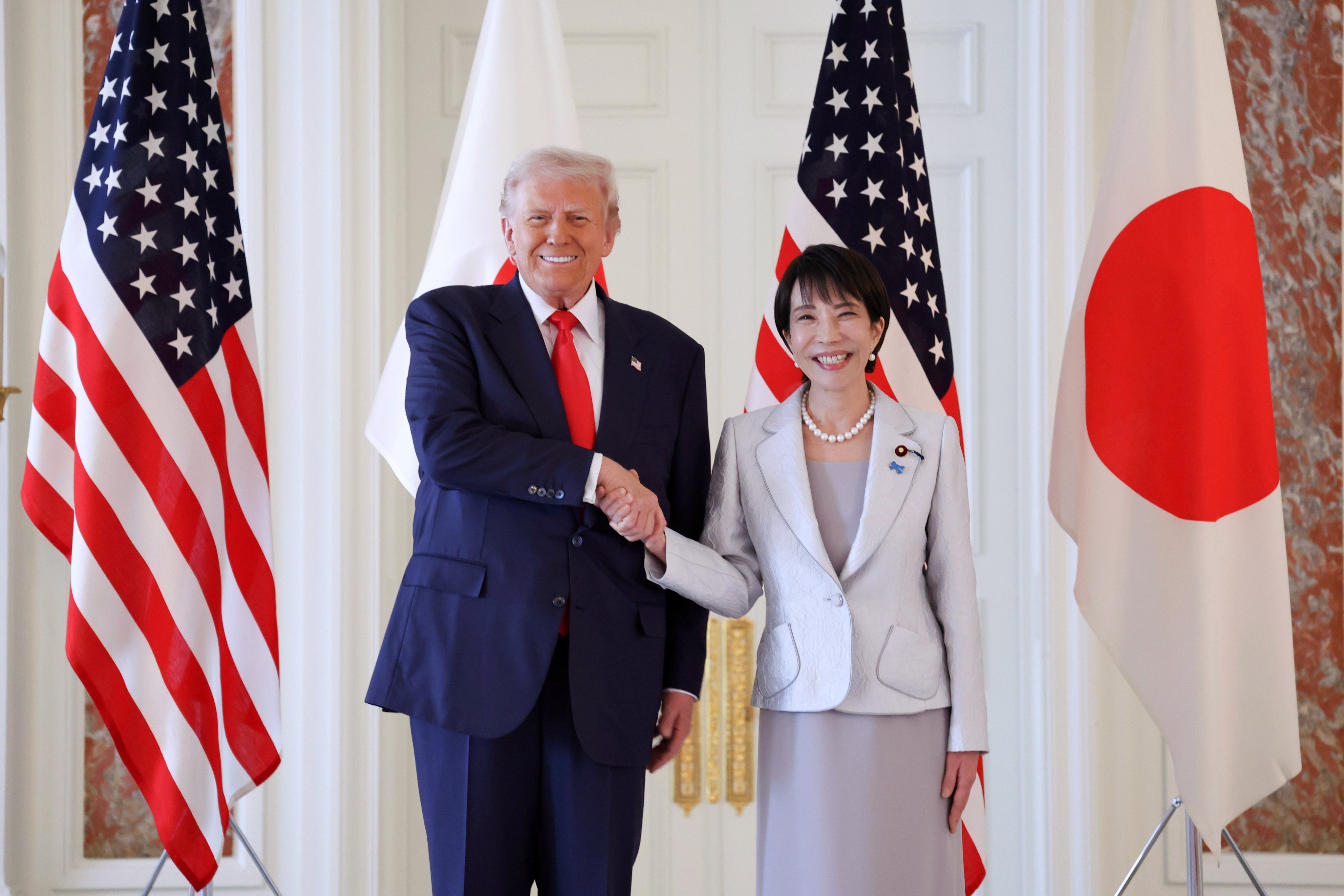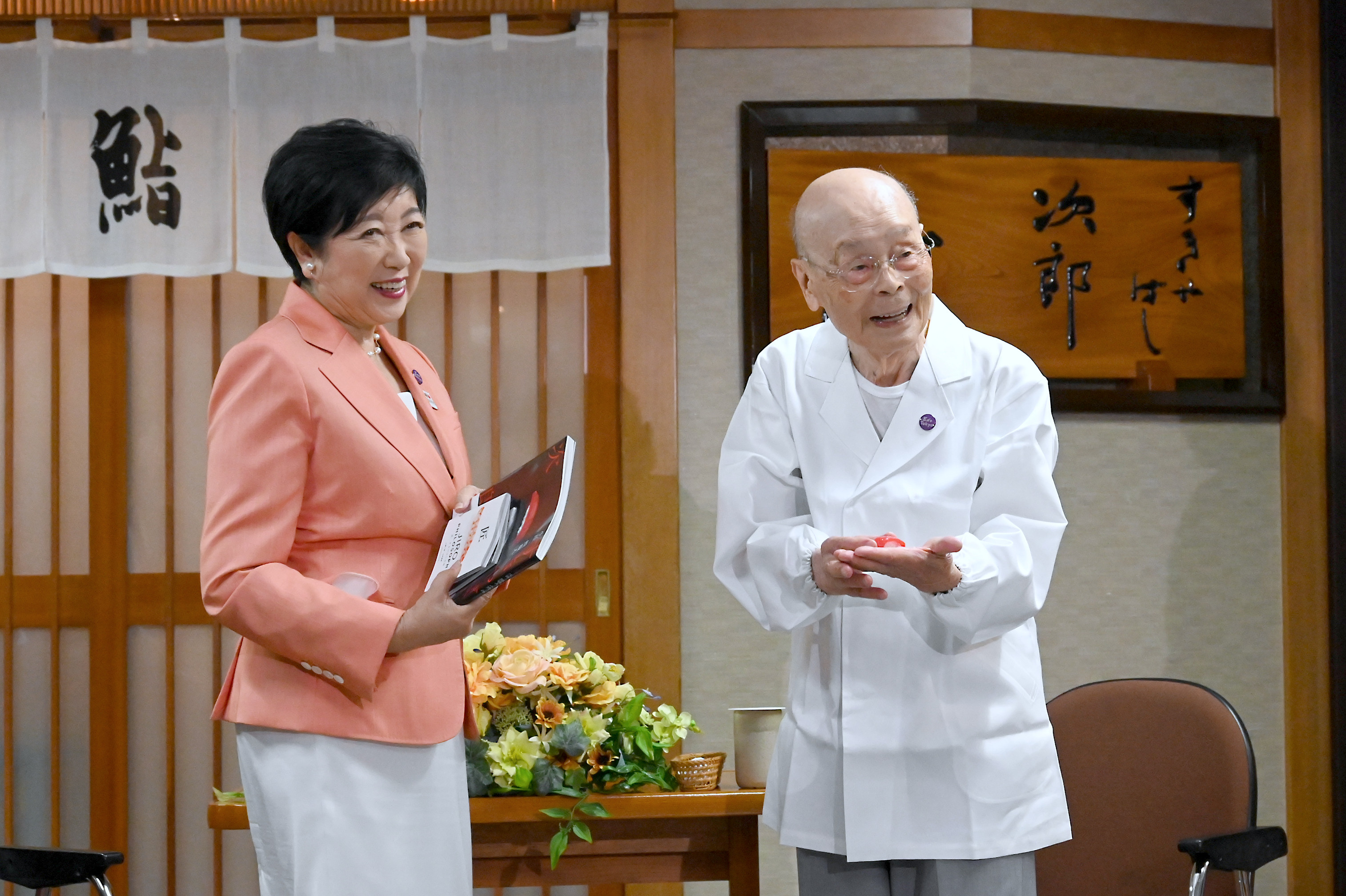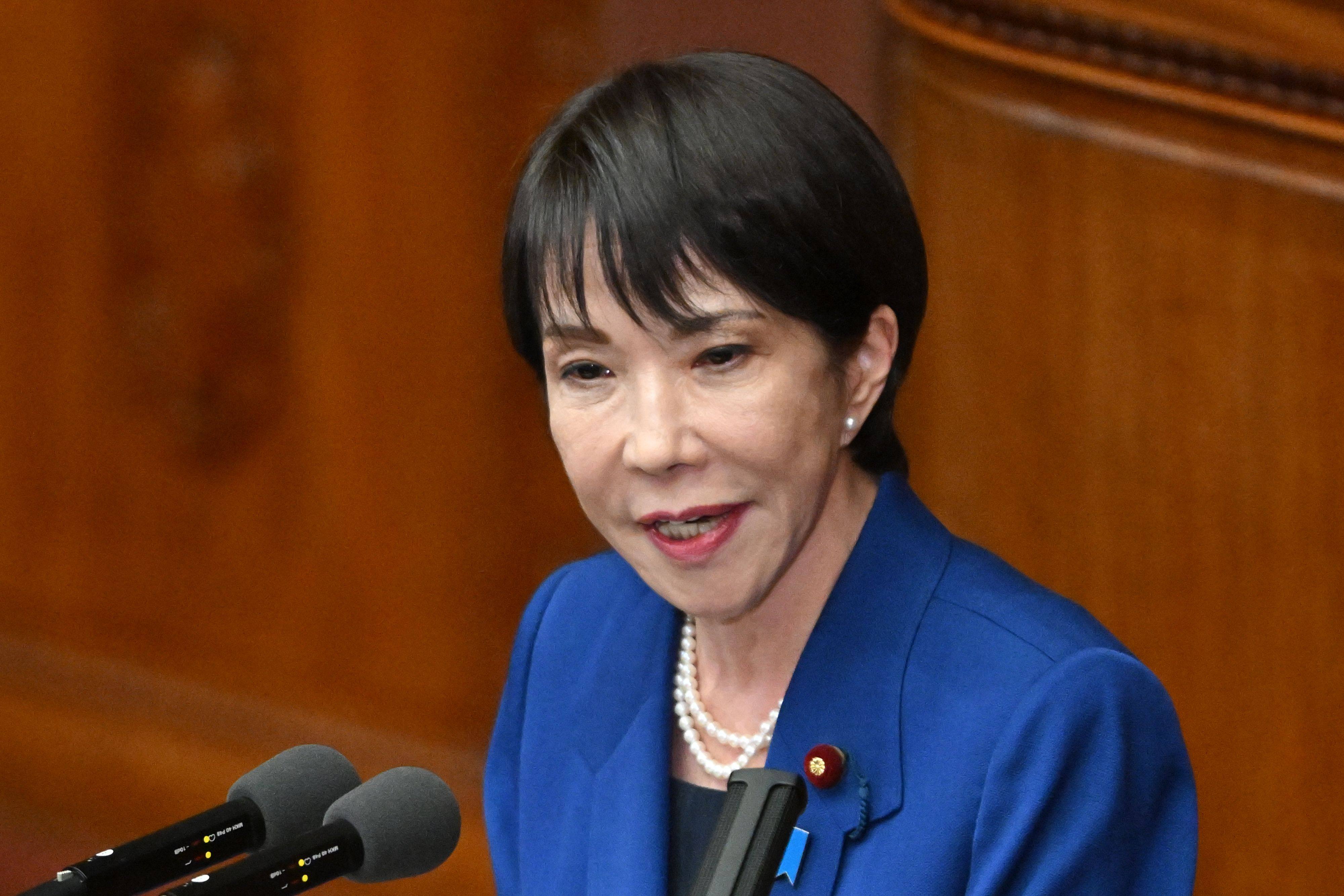Advertisement
Advertisement
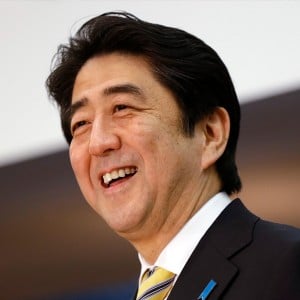
TOPIC
/ people
Shinzo Abe

Shinzo Abe
Shinzo Abe was the prime minister of Japan from 2006 to 2007 and from 2012 to 2020. He was the longest-serving prime minister in Japanese history and was a member of the Liberal Democratic Party. He was fatally shot by a gunman while delivering a speech on behalf of another politician in the city of Nara on July 8, 2022. The gunman was identified as a 41-year-old local man who was a veteran of the Japan Maritime Self-Defence Force and said he was frustrated with Abe.
Born
21 Sep 1954
Industry
Politics
Job Title
Former Prime Minister of Japan
Help preserve 120 years of quality journalism.
SUPPORT NOWAdvertisement
Advertisement
Advertisement
Advertisement
Advertisement
Advertisement
Advertisement
Advertisement
Advertisement
Advertisement
Advertisement
Advertisement
